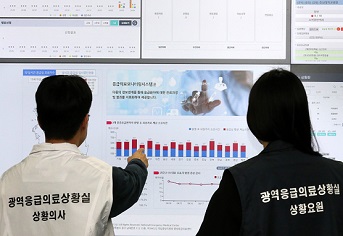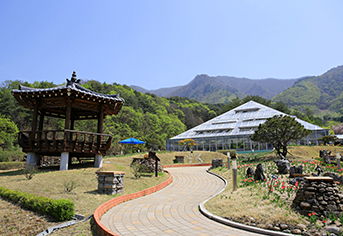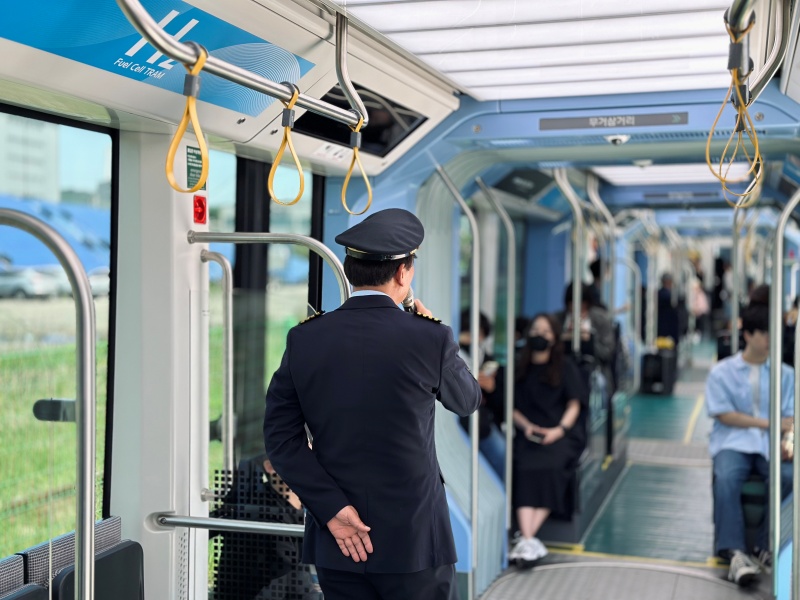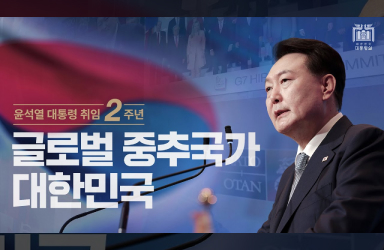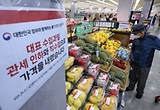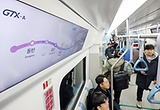Archbishop Padilla (파딜랴) and members of the Diplomatic Corps,
Chairman Hwang,
Deputy Mayor Shin,
Co-Chairman Koo,
Dean Yu,
Distinguished performers,
Ladies and Gentlemen,
This year, we mark the 70th anniversary of many historic events. For the world, the end of the Second World War and the founding of the United Nations; and for Koreans, the liberation and the division of the Korean peninsula.
And for decades, this place – Imjingak – was an abiding symbol of division and confrontation. But ten years ago, this site had a new birth. Now, I am proud to say that it has become an emblem for harmony, co-existence and peace. Even the name of this park – pyeonghwa, meaning peace; and nuri, meaning world – embodies our deep longing for a peaceful world.
So, without doubt, this is the perfect setting for today’s Peace Concert, with outstanding choruses, ensembles and orchestras. I would like to thank the diplomatic community in Korea, including the Diplomats’ Choir, the organizers, performers and everyone here today for this wonderful festival of harmony.
Indeed, as the universal language, music has a transcendental power. It has been the instrument of peace, cross-cultural understanding and solidarity, across ages and regions.
In Europe, a century ago, carol singing led to the famous Christmas truce, a moment of peace and harmony amid the violence of war. In East Asia, over two millennia ago, a widely known story tells how the sound of hometown songs led soldiers to lay down their weapons and end the battle.
However, in many places around the world, we face harsh realities. Here, on the Korean peninsula, we have the world’s longest armistice – not a real peace, but a semblance of peace. In Ukraine, in the Middle East, and in the geopolitical flashpoints in the South China Sea, we see not enduring peace, but fragile peace; not harmony, but dissonance.
So, how do we heal such dissension and discord? Well, I think the spirit of music might be the closest thing we have to a magical elixir. Members of an orchestra or a choir trust and depend on each other to create harmony. Whether it’s a duet, a trio, a quartet, or even a symphony, they come together to make a melodious whole that is more than just the sum of its parts.
In that sense, such spirit of music is in tune with my government’s signature foreign policy of Trustpolitik, to build trust, consolidate peace and increase regional cooperation.
Like I said back in January at the Davos Forum and just last week at the OSCE Asian Conference, ending the division, which is the legacy of the Korean War, will be a stabilizer and peace promoter for this region; a growth booster for the world; and a catalyst for connecting the Eurasian continent.
And next month, the Eurasia Friendship Express will cross the continent, from Seoul via Vladivostok to Berlin. Unfortunately, this time the Express will not be able to pass through North Korea, which remains Eurasia’s missing link. But I am confident that one day, the Express will journey across the entire span of the Eurasian continent, without barbed wires or barriers.
Ladies and gentlemen,
The UNESCO charter eloquently states that, quote, “since wars begin in the minds of men, it is in the minds of men that the defenses of peace must be constructed,” unquote. This year, as we remember the 70th anniversary of the end of the War and of our division, that message has a special resonance in our hearts.
And today, this concert is our message, our voice for peace. So, may these hopes for peace in harmony touch the hearts and minds of all in North Korea and the world.
Thank you very much, and I hope you enjoy the performance.
 이 누리집은 대한민국 공식 전자정부 누리집입니다.
이 누리집은 대한민국 공식 전자정부 누리집입니다.





